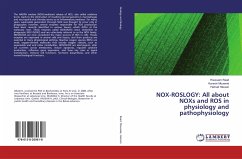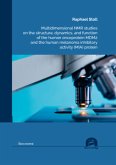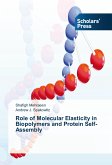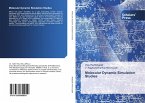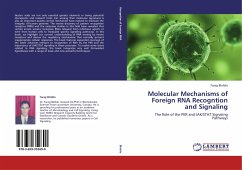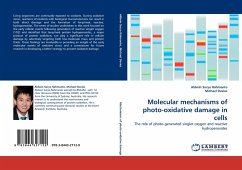Despite intensive research melanoma remains one of the most aggressive types of cancer by generating the most deadly form of skin tumour, characterized by a rapid metastatic progression. Recent studied have proved that metastatic cells tumour growth is induced by angiogenesis activation. One of the pro-angiogenic chemokine known to be involved in cancer processes is granulocyte chemotactic protein-2 (GCP-2). My work was dedicated to investigations of the effect of GCP-2 overexpression in B16F1 murine melanoma cells, on their tumorigenesis in vivo and invasive potential in vitro. Differences in the level of expression and secretion of this chemokine were correlated with Extracellular signal-regulated kinase (ERK1/2) phosphorylation status and found to modulate melanoma cell invasivity and pigmentation.
Bitte wählen Sie Ihr Anliegen aus.
Rechnungen
Retourenschein anfordern
Bestellstatus
Storno


